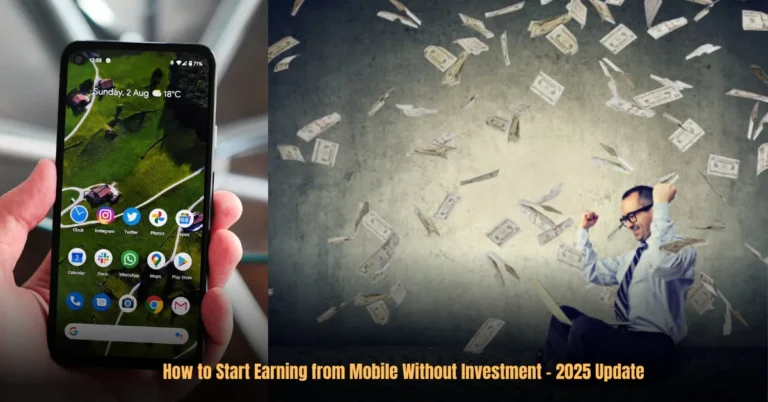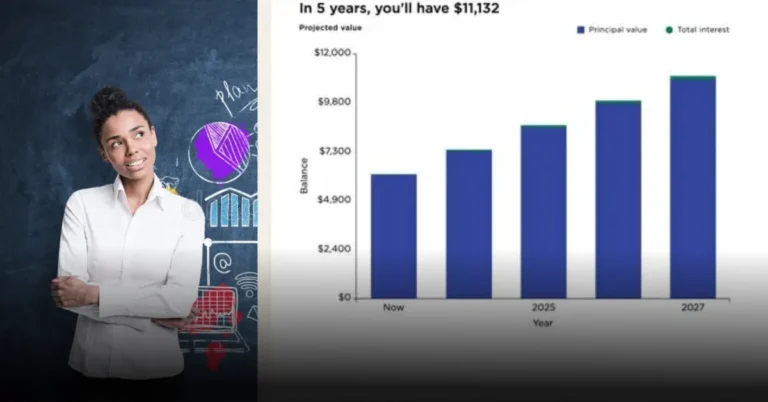What Is In House Financing? A Simple Guide for First-Time Buyers
Are you looking to buy a new car, a big machine, or even new furniture? But you worry about getting a loan from a bank. You might not have good credit. That is when people talk about in-house financing. It sounds easy and helpful. But what is it really? Is it good for you? This guide will explain in-house financing in very simple words. We will compare dealer financing with bank financing. We will list the good points and bad points of in-house financing. This will help first-time buyers. It will also help people with bad credit who need other ways to get money.
In House Financing Explained: The No Middle Man Financing Model
In-house financing means the seller gives you the loan. There is no bank in the middle. You buy from a shop or dealer. That same shop or dealer lends you the money. You pay them back step by step.
It is also called direct financing. The company is the lender. You do not go to a bank or credit union.
Also Read: What Is Genesis Finance? A Complete Beginner’s Guide to Services and Benefits
Direct Lender Financing vs Third Party
Here is a simple table to show the difference.
| Feature | In-House Financing (Direct Lender) | Traditional Bank Financing (Third Party) |
|---|---|---|
| Lender | The seller (dealer, store, shop) | A bank or other money company |
| Approval Speed | Very fast, sometimes right away | Takes hours or days |
| Credit Flexibility | Okay with low credit scores | Needs high credit scores |
| Payment Recipient | You pay the seller | You pay the bank |
This table makes it clear. In-house is faster and easier if your credit is not good.
Buy Here Pay Here (BHPH) Definition
The most common type is in car sales. It is called Buy Here Pay Here or BHPH. The car dealer sells the car. The same dealer gives the loan. They also collect your payments. They control everything. You can search for “car dealers with in house financing near me” to find them.
Where You Find Best Companies with In House Financing
Car dealers use in-house financing a lot. But many other places do too. Here are some examples.
- Automotive: This is the main one. Many offer in-house auto financing for bad credit. People who cannot get bank loans come here.
- Retail: Furniture stores and electronics shops have it. They may say “zero down in house financing.” You pay nothing at the start.
- Medical: Dental clinics have in-house payment plans. You pay the clinic for big treatments over time.
- Business: Small companies buy machines with in-house financing. The seller of the machine gives the loan. This helps the seller make the sale.
- Real Estate: Sometimes the home seller acts as the lender. This is called real estate in house financing or seller financing.
You can find good companies by asking friends. Or search online for “best companies with in house financing.” Read reviews. Check if they are fair.
Pros and Cons of In House Financing
You need to know the good and bad sides. This is very important for new buyers. Many like the easy approval. But there are risks.
Also Read: What Is the National Finance Commission? Simple Guide for Beginners
The Benefits of Dealer Financing (Pros)
- Higher Approval Rate: The seller takes the risk. So they say yes to people with low credit. Some do no credit check in house financing. This is great for bad credit.
- Speed and Convenience: You shop and get the loan in one place. No need to visit a bank. It saves time. You can drive the car home the same day.
- Negotiation: You can talk to the seller. Maybe lower the price or change some terms. Banks do not let you do this much.
These pros make in-house financing popular. Many people use it when banks say no.
The Drawbacks (Cons)
- Higher Costs: Interest rates are high. In house financing interest rates can be much more than bank rates. This is because they lend to high-risk people. It is subprime in house financing.
- Pressure: The dealer wants to sell. They may push you to say yes fast. You might not check other options. This can lead to bad deals.
- Limited Choice: You can only buy what that seller has. No shopping at many stores. Your options are small.
- Credit Reporting: Ask “does in house financing build credit?” Not all do. Some small lenders do not tell credit bureaus about your payments. Even if you pay on time, your credit score does not go up.
Think about these cons. The loan might cost you a lot more in the end.
Checklist: What to Ask Before Accepting Direct Financing
Do not sign right away. Ask questions. This protects you.
Here is a simple checklist.
- What is the APR (Annual Percentage Rate)? Why it matters: This shows the real cost. Compare it to bank rates.
- Are my payments reported to the credit bureaus? Why it matters: You want to build or fix credit.
- What are the penalty fees for late payments? Why it matters: BHPH dealers can charge big fees. They may take the car back fast.
- What documentation is required? Why it matters: Know what papers you need. Like proof of job or home address. This is in house financing documentation required.
- Is this Rent-to-Own vs In House Financing? Why it matters: In rent-to-own, you do not own until the last payment. Read the paper carefully.
Write down the answers. Take time to think. Talk to a friend or advisor.
Final Verdict: Use In-House Financing Strategically
In-house financing is good for some people. If you have low credit, it helps you buy now. You get the car or furniture fast. The benefits of dealer financing are real. Quick yes and easy process.
But remember the high cost. Use it for a short time. Pay on time for one or two years. Make sure they report to credit bureaus. Then go to a bank. Refinance the loan. Get a lower rate. Save money.
Think smart. Compare options. Do not rush.
Have you used in-house financing before? Share your experience with a “Buy Here Pay Here” dealer or furniture store in the comments below!
Also Read: How Experience and Location Affect a Certified Pharmacy Technician Salary
Disclaimer:
This article is to teach and inform. It makes hard ideas simple. Like in house financing explained and subprime in house financing. Rates and rules change by place and dealer. Check everything yourself. Talk to a money advisor. Compare in house financing interest rates with banks. Do this before you sign any paper.







